While classic straggling spider plants, dieffenbachia, and gangly geraniums plants are wonderful indoor performers, the world of houseplants encompasses beautiful choices from around the world. So why not try something a little different?
Whether you prefer flowering houseplants or those featuring attractive foliage, choose healthy specimens that are compact and bushy, without yellowing or dead leaves, and with no obvious signs of insects or disease.
Check out this guide to find the exotic plant that best suits your home.
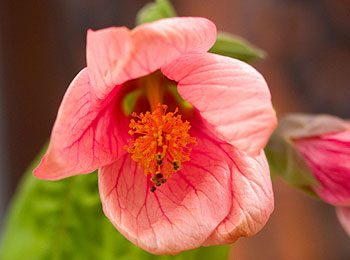
Abutilon
Also known as flowering maple because of its maple-like leaves, this hibiscus relative has bell-shaped flowers in shades ranging from rose to salmon and gold. It prefers bright light and regular watering.
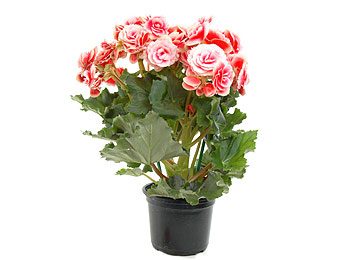
Begonia
Although some begonias are grown for their flowers, the fancy-leafed forms with dramatic leaf patterns in shades of silver, green, purple or burgundy are especially attractive. Bright indirect light and average room temperatures give the best colour. Water lightly but frequently, and avoid overwatering.
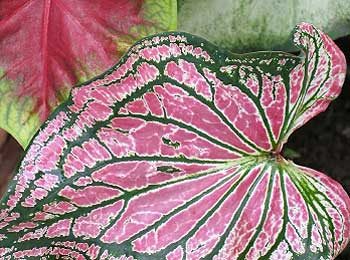
Caladium
Showy, heart-shaped leaves featuring contrasting colours of red, rose or white, depending on the variety. Moderate to bright light and warm temperatures, along with high humidity and regular fertilizing, will give excellent results.
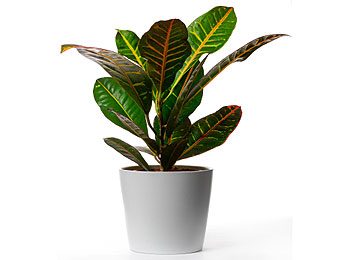
Croton
Some refer to this handsome plant as Joseph’s coat because its deep green, glossy leaves are striped with shades of gold, orange and red. Best in bright light and should be misted daily through the winter months.
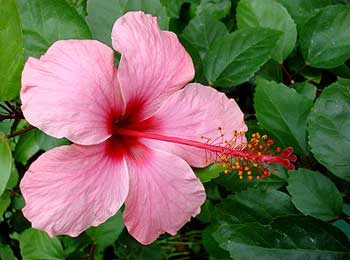
Hibiscus
This tropical favourite produces large flowers in vibrant colours. It’s sold pruned into standard or topiary shape. Bright light and warm temperatures are needed to produce flowers. Misting the plant daily in winter will reduce chances of spider mites.
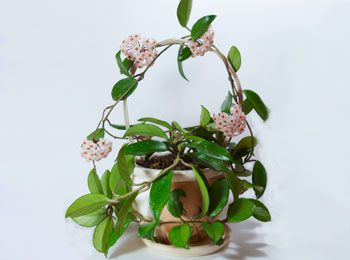
Hoya
Generally used in hanging baskets or trained up supports, the wax plant is a slow-growing but handsome foliage plant. Some species have variegated and even twisted leaves, and under bright light conditions will produce clusters of star-shaped, fragrant flowers.
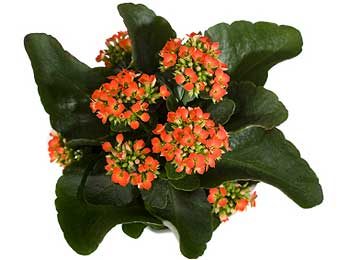
Kalanchoe
Succulent, fleshy leaves topped by clusters of small florets in jewel-tones throughout the fall and winter months make this a beloved choice for indoor gardeners. It thrives best in bright light at average room temperature.
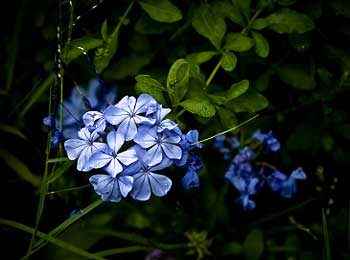
Plumbago
Blue plumbago is a strikingly beautiful tropical shrub with clusters of cool blue flowers. The plant can be pruned to keep it compact or allowed to grow into a trailing form. Bright light and warm temperatures are required for flower formation. Remove spent flowers to prolong bloom period.